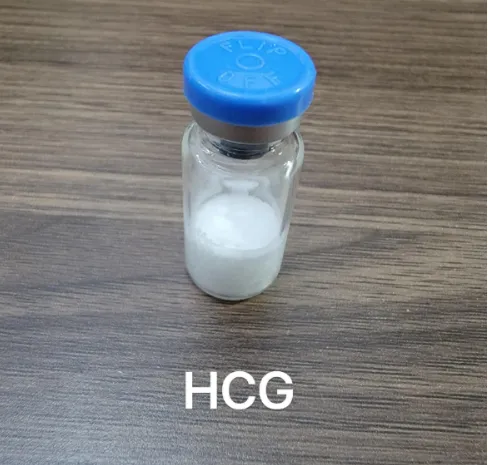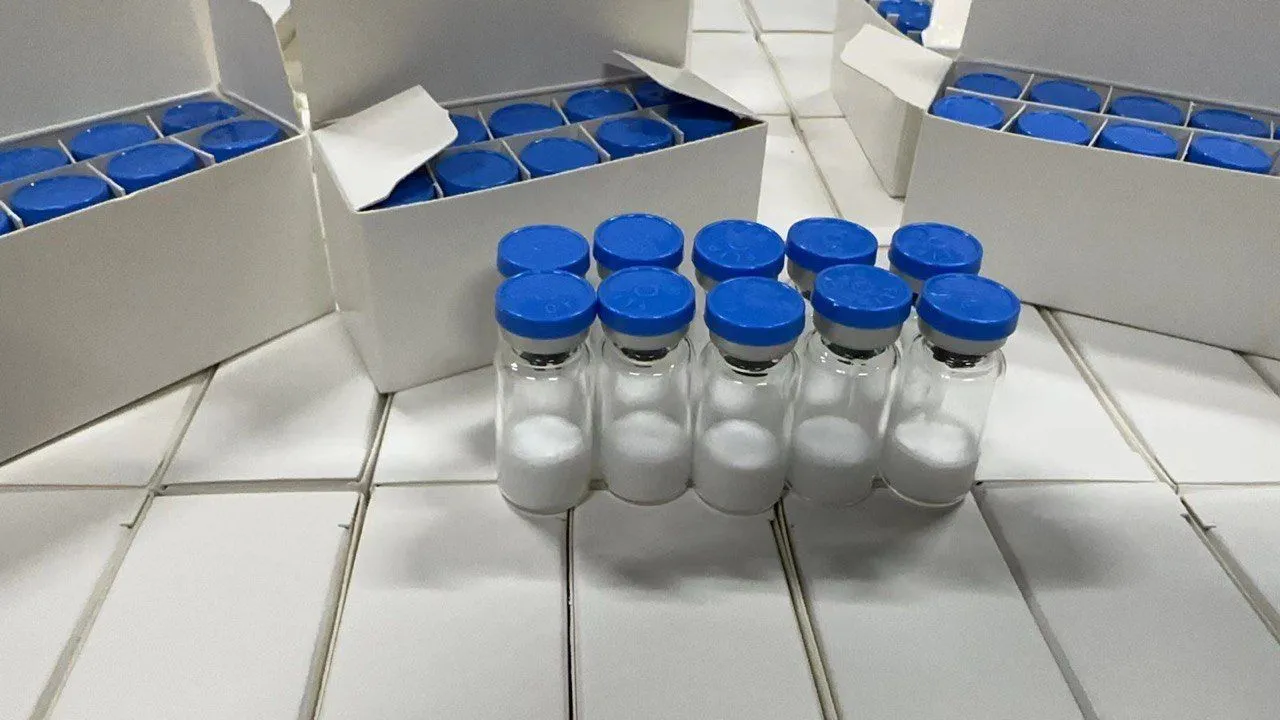Blog
-

What is Intact Human Chorionic Gonadotropin?
Human chorionic gonadotropin comes from trophoblastic tissue. Trophoblastic tissue is a tissue that develops in the baby during the early days of pregnancy. It later forms part of the placenta. The primary function of human chorionic gonadotropin is to help support your pregnancy. It does so by stimulating the corpus luteum (the follicle that houses a maturing egg) to make the hormone progesterone which keeps your pregnancy going.Read more -

Human chorionic gonadotropin (hCG or b-hCG)
The amount of hCG is usually measured by a blood test taken by a needle in the arm. It can also be measured from a urine sample. You don’t need to do anything special to get ready for the test.Read more -

Alternative names for human chorionic gonadotrophin
Photo showing a urine sample that has tested positive for human chorionic gonadotropin (hCG). This hormone is secreted by the placenta in pregnant women.Human chorionic gonadotrophin (hCG) is a hormone produced by the cells that surround the growing human embryo that go on to form the placenta (called trophoblasts). Human chorionic gonadotrophin can be detected in the urine from 7-9 days after fertilisation as the embryo attaches and implants in the womb; it forms the basis of most over-the-counter and hospital pregnancy tests (see photo).Read more -

Human Chorionic Gonadotropin: The Pregnancy Hormone and More
To thoroughly review the uses of human chorionic gonadotropin (hCG) related to the process of reproduction and also assess new, non-traditional theories. Review of the international literature and research studies. hCG and its receptor, LH/CGR, are expressed in numerous sites of the reproductive tract, both in gonadal and extra-goanadal tissues, promoting oocyte maturation, fertilization, implantation and early embryo development. Moreover, hCG seems to have a potential role as an anti-rejection agent in solid organ transplantation. Future research needs to focus extensively on the functions of hCG and its receptor LH/CGR, in an effort to reveal known, as well as unknown clinical potentials.Keywords: hCG, LH/CGR, ovulation induction, oocyte maturation, endometrial synchrony, immunizationRead more -

HCG blood test - quantitative
Serial beta HCG; Repeat quantitative beta HCG; Human chorionic gonadotropin blood test - quantitative; Beta-HCG blood test - quantitative; Pregnancy test - blood - quantitativeA quantitative human chorionic gonadotropin (HCG or hCG) blood test measures the specific level of HCG in the blood. HCG is a hormone produced in the body during pregnancy.Read more -

Human chorionic gonadotropin
Human chorionic gonadotropin (hCG) is a hormone for the maternal recognition of pregnancy produced by trophoblast cells that are surrounding a growing embryo (syncytiotrophoblast initially), which eventually forms the placenta after implantation.[1][2] The presence of hCG is detected in some pregnancy tests (HCG pregnancy strip tests). Some cancerous tumors produce this hormone; therefore, elevated levels measured when the patient is not pregnant may lead to a cancer diagnosis and, if high enough, paraneoplastic syndromes, however, it is unknown whether this production is a contributing cause or an effect of carcinogenesis. The pituitary analog of hCG, known as luteinizing hormone (LH), is produced in the pituitary gland of males and females of all ages.Read more -

What to know about HCG pregnancy tests
An HCG pregnancy test checks human chorionic gonadotropin (HCG) levels in the blood or urine. HCG tests can detect elevated HGC levels to determine if a person is pregnant.HCG tests can also determine if a person’s body is producing the correct levels of certain pregnancy-related hormones. Typically, HCG levels increase steadily during the first trimester, peak, then decline in the second and third trimesters as the pregnancy progresses.Doctors may order several HCG blood tests over several days to monitor how a person’s HCG levels change. This HCG trend can help doctors determine how a pregnancy is developing.Read more -

Human Chorionic Gonadotropin, HCG injection
HCG injections (human chorionic gonadotropin) are a hormone that can increase a person’s chances of pregnancy, helps produce testosterone and sperm, and treats a condition that affects the testes called cryptorchidism. The brand of HCG varies based on your anatomy.Read more -

What are HCG Levels?
HCG (Human Chorionic Gonadotropin) is often called the pregnancy hormone because it is made by cells formed in the placenta, which nourishes the egg after it has been fertilized and becomes attached to the uterine wall. Levels can first be detected by a blood test about 11 days after conception and about 12-14 days after conception by a urine test.Typically, the hCG levels will double every 72 hours. The level will reach its peak in the first 8-11 weeks of pregnancy and then will decline and level off for the remainder of the pregnancy.Read more

